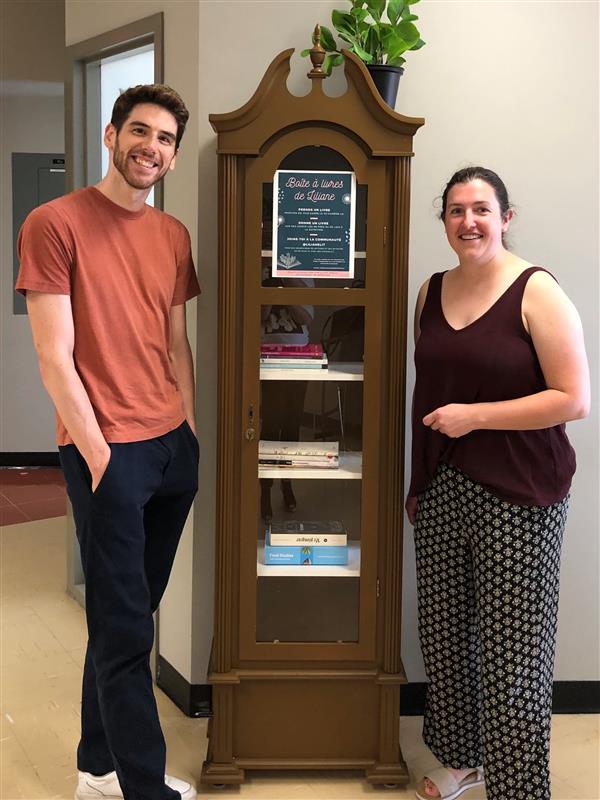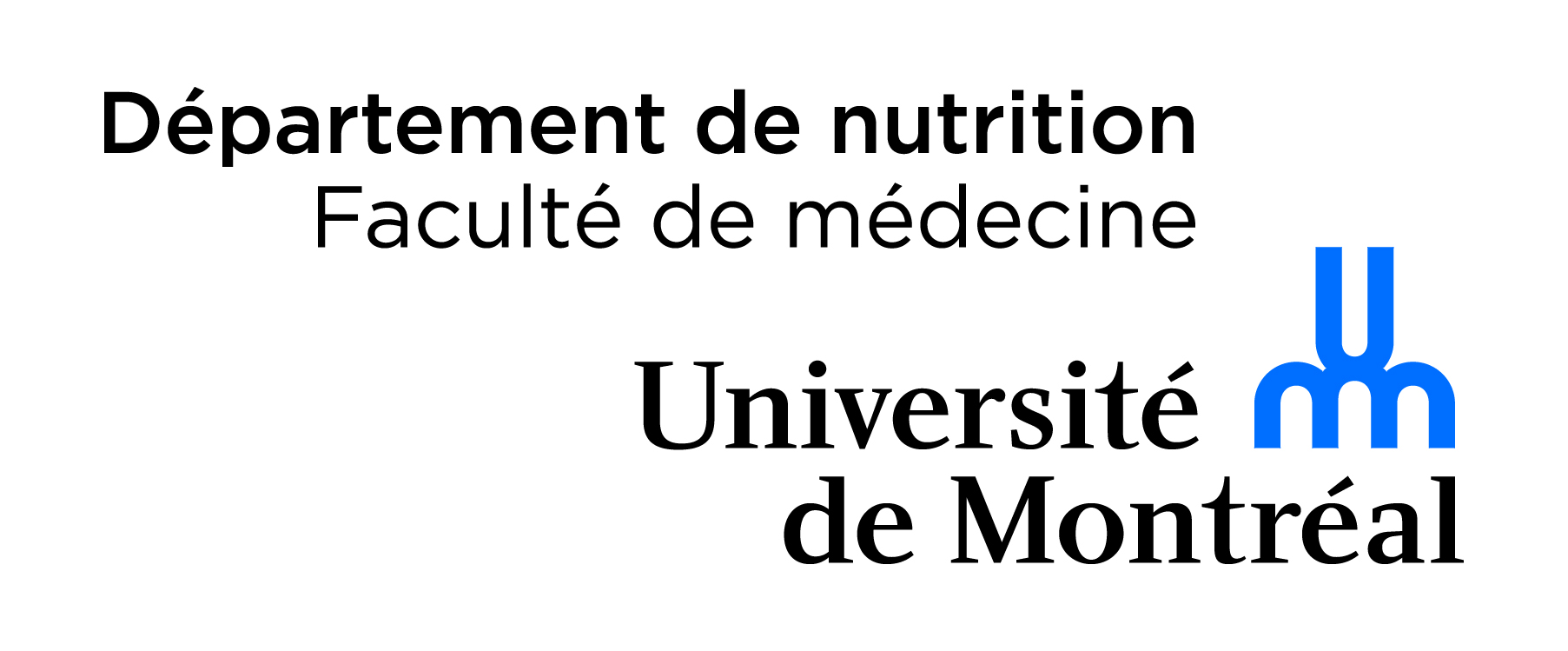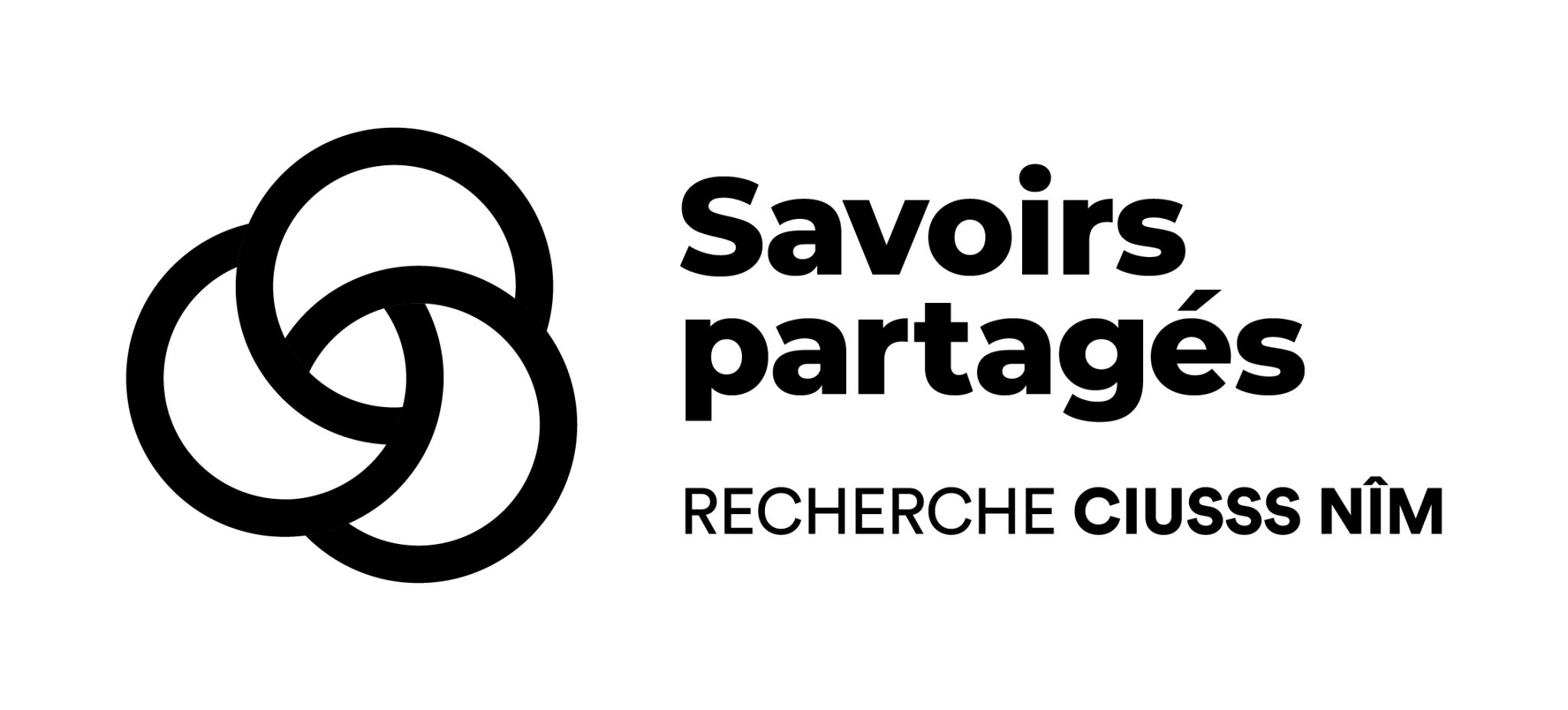Professional practice in dietetics

Diversifying the dietetic profession
Describing admission processes and selection criteria for nutrition programs in Canada
- The dietetics profession is homogeneous and predominantly made up of privileged white women. Certain systemic barriers may prevent diversity within the profession, and admission to academic training programs is an important step in gaining access to the profession. It is important to describe the admission process and candidate selection criteria in order to identify inclusive practices that can be adopted to promote better access to the profession for candidates from marginalized groups.
- Team member involved: Pascale Bourbonnais, Sarthak Matravadia
- Collaborators: Colleen O’Connor (Western University, Ontario), Helen Toews (Hamilton Health Sciences, Ontario)
- Financial partner: Canadian Foundation for Dietetic Research
Describing the socio-demographic profile of the dietetics profession
- The dietetics profession is not very diverse in terms of social identities, which hardly reflects the diversity of the populations it serves. It is important to develop a socio-demographic portrait of our profession so that we can measure the impact of interventions aimed at improving access, representation and inclusion of dietitian-nutritionists from a number of marginalized groups.
- Team member involved: Sandrine Geoffrion
- Students involved: Sandrine Bouchard
- Collaborators: members of the working group on racism in dietetics in Canada
- Financial partner: Social Science and Humanities Research Council
Explore anti-Black racism in dietetics
- The dietetics profession is predominantly white, which can lead to systemic racism within the profession and in the delivery of care. Our team explores racism in nutrition in Canada, specifically the experience of Black dietitians, in order to characterize the problem and identify solutions for creating an inclusive and safe workforce and worplace.
- Student involved: Fatoumata Binta Balde
- Collaborators: members of the Canadian Working Group Against Racism in Nutrition
Developing anti-racism training for dietitians
- Beyond the need to diversify the dietitics profession, it’s important to train dietitians to counter racism within the profession and in teaching and clinical care environments. By doing so, we will contribute to making these environments safer for both dietitians and patients.
- Team member involved: Pascale Bourbonnais
- Student involved: Fatoumata Binta Balde, Samuel Emond-Robertson
- Collaborators: Amélie Blanchet Garneau (Université de Montréal), Marie-Laurence Tremblay (Université Laval), Patrick Lavoie (Université de Montréal), Isabelle Ledoux (Université de Sherbrooke), Charles Bilodeau (Université de Sherbrooke), Martin Charette (Université de Sherbrooke)
- Funding partner: Social Sciences and Humanities Research Council – Université de Montréal Exploration Grant; FRQ-SC grant via a Équipe FUTUR team grant.

Little free library Boîte à livres de Liliane
Little free library Boîte à livres de Liliane
- Reading can be an excellent professional development tool for dietetic students and professionals. Our team has set up little free library Boîte à livres de Liliane, featuring readings to encourage students and dietitians to adopt a just, equitable and inclusive practice in nutrition. An Instagram account associated with the initiative showcases our readings, encourages discussion, and features interviews with dietitian-authors with inspiring career paths!
- Students involved: Alisia Agostinelli, Charlotte Hébert-Wiencke, Alexia Roy, Gabriel April-Lalonde, Fifi Semmar, Mirna Souadnia, Fatoumata Binta Balde, Nihad Bennacef
- Financial partner: Fonds d’amélioration de la vie étudiante de l’Université de Montréal

Improving training for dietetic students
Public health nutrition as a career field
- The areas of work for dietitians are expanding, and new fields of expertise exist beyond clinical nutrition in hospitals. Public health nutrition is one of the fastest-growing avenues, and one that nutrition students need to be aware of. Our research team uses innovative pedagogical approaches to expose students to this field of practice. At the first Forum bien manger à l’école organized by the Chantier pour un Programme d’alimentation scolaire universel au Québec, our team measured the impact of exposure to this large-scale advocacy campaign on the ambitions of the undergraduate dietetic students at the Université de Montréal towards public health nutrition.
- Student involved: Alisia Agostinelli, Nina Klioueva
- Partners: teachers and internships coordinators from the Nutrition department of the Université de Montréal

